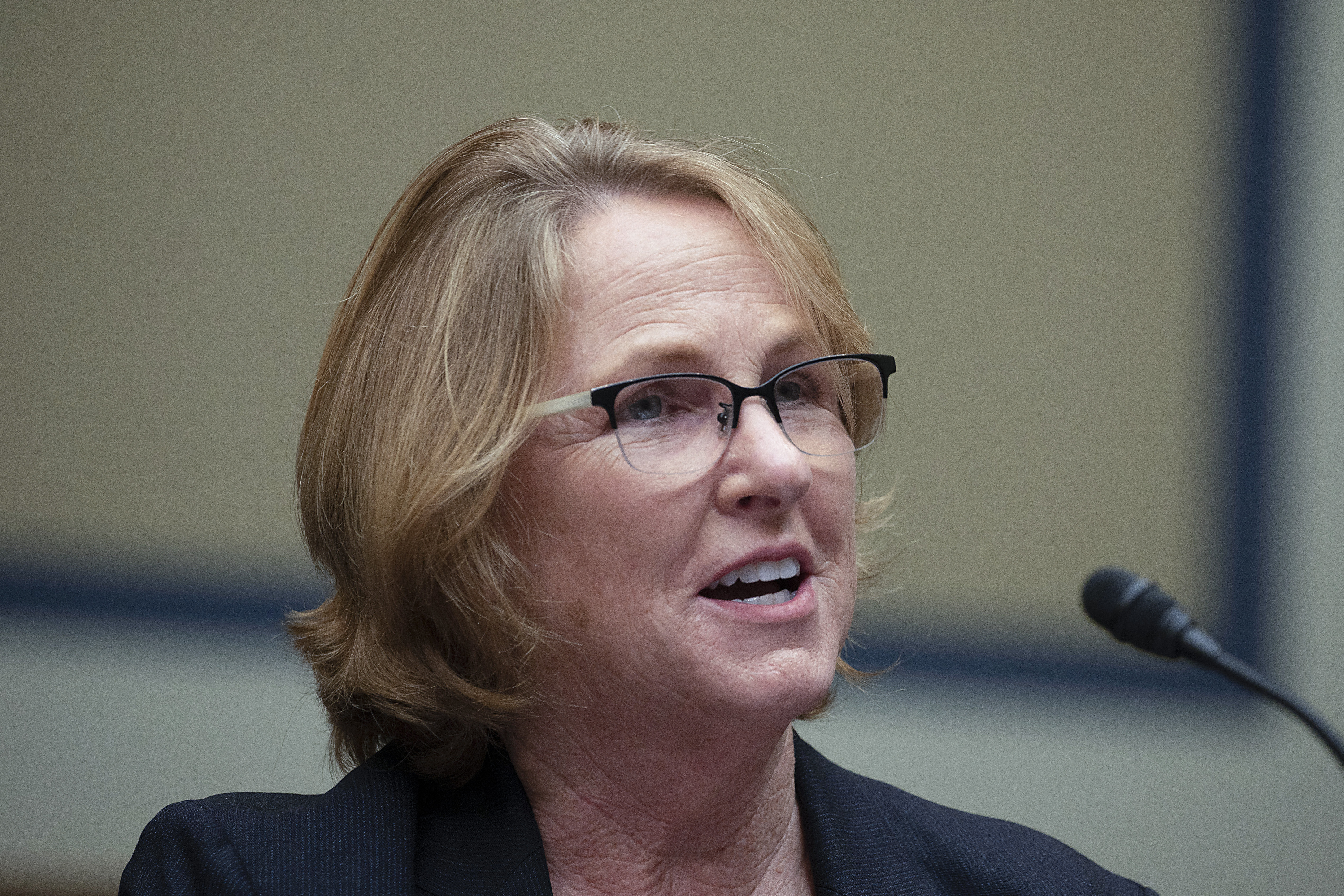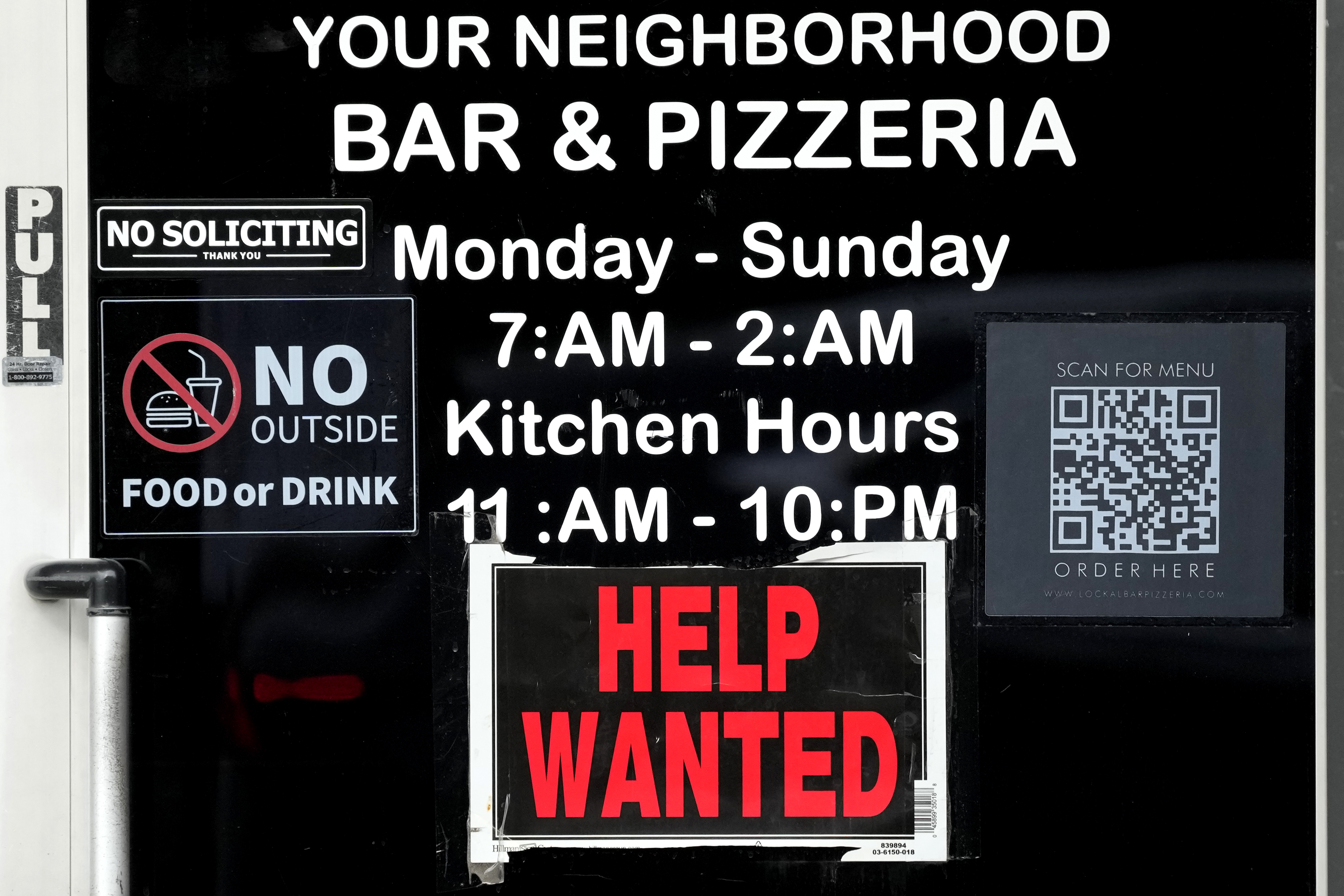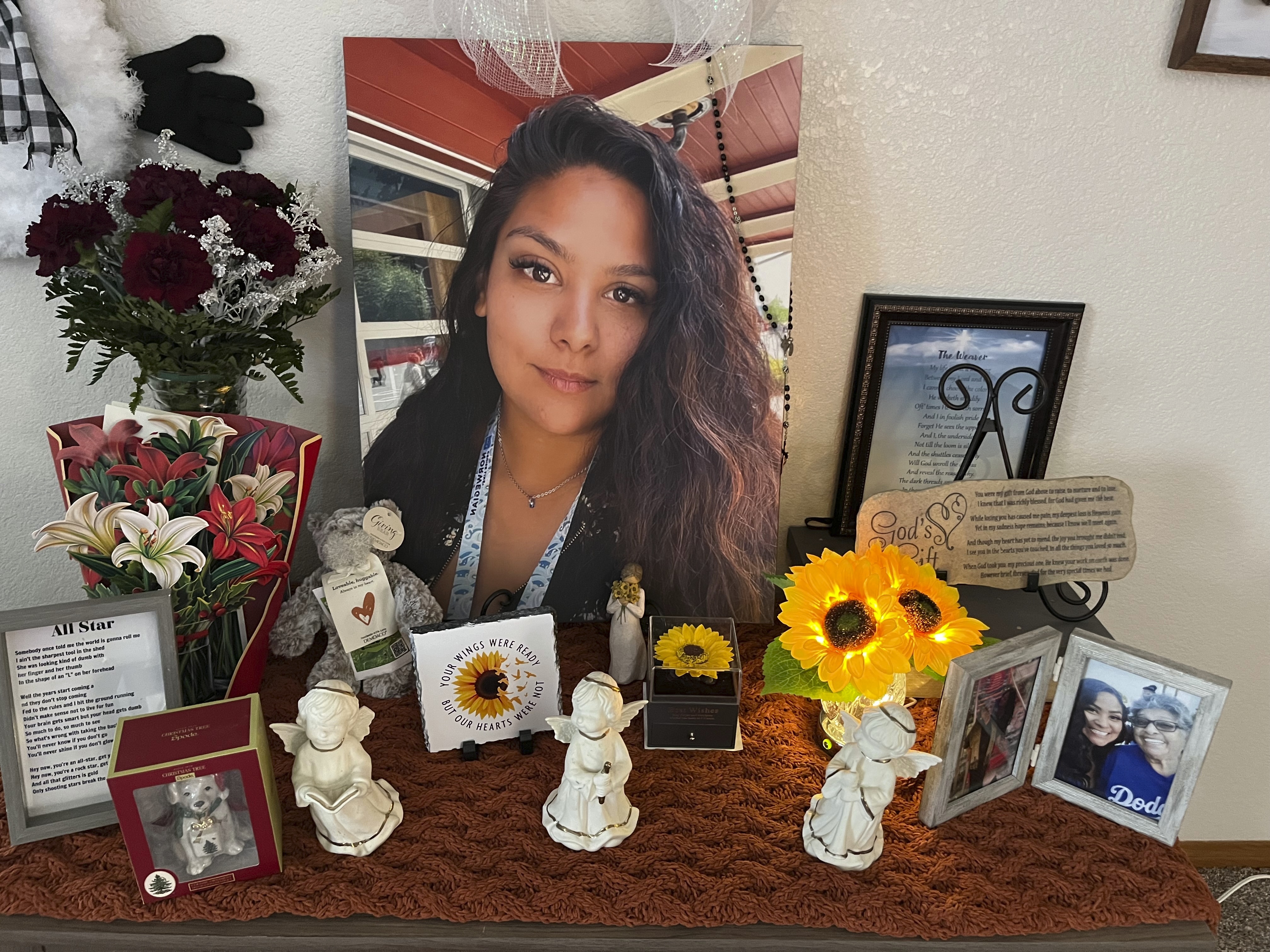HAMPTON ROADS, Va. (WAVY) – As trafficking cases rise across the nation, the FBI is focusing now more than ever on helping victims get back on their feet.
It’s called survivor mode, and agents know all too well how long this road to recovery could take, but they say it’s important, not only for the victims, but also to help stop human trafficking as a whole.
Over the past six months, the FBI has identified and located more than 500 children and made 159 arrests in human trafficking investigations nationwide, but these cases are about so much more than the arrest to agents. It’s about helping victims become survivors.
“Unfortunately its not a dying business,” said FBI Norfolk Special Agent in Charge Brian Dugan.
Every single one of the FBI’s 56 field offices in the U.S. is investigating human trafficking cases, including the field office in Norfolk.
Last summer, there was a big crackdown on human trafficking arrests called “Operation Cross Country”, where 200 people were arrested nationwide and three were arrested in Hampton Roads.
It’s not just sex trafficking cases the FBI is looking out for. In Hampton Roads, they’re frequently looking out for labor trafficking too.
“We do have a nascent fishing business, agriculture business on the Eastern Shore,” Dugan said, “and throughout Hampton Roads that could be a place for people to be trafficked.”
Dugan said anyone, anywhere can become a victim of trafficking.
He said they see it most often with people estranged from family, or those who are vulnerable to being controlled.
In nearly two-thirds of the cases they investigate, though, the victims are children.
“We are not a social service agency,” Dugan said, “but we’ve realized when it comes to crimes against children, that the victims come first and the investigation comes second.”
The FBI has been investigating cases like this for more than 20 years, but Dugan said efforts to help connect victims with the resources they need have been getting better.
He said their focus now is to help them become survivors.
“We’ve realized that trafficking victims, or kids who were abused, we’re really harming them over the long-term by treating them like any other victim or any other witness,” Dugan said.
More recently, he said a victim-witness coordinator who has a background in social work has been accompanying agents when they’re interviewing kids in order to help assess their needs at that time.
“A lot of times in the short-term its clothing, food and shelter,” said Dugan.
They also now have trainings where trafficking survivors come and talk to agents so they can better know what the victim might be going through.
“I’ve talked to victims where they’re taught, ‘What would you say if a police officer talks to you,’ and if they respond in any way that they’d respond or react, they’d get assaulted,” Dugan said.
And Dugan said some victims aren’t sure how to react when law enforcement intervenes.
“You would hope that when we show up, they’re acting like they’re saved, but when talking with survivors, you find out they’ve been dealing with this for months or years,” Dugan said.
Dugan says breaking through that trauma bond between the trafficker and the victim can sometimes be the hardest part.
“They’re so used to it, or they’re institutionalized, they often go back to that lifestyle again,” Dugan said.
But helping provide victims with essential resources, Dugan said, not only helps them move forward with their lives, but it also helps them have a more realistic outlook of what they went through.
“Not really understanding what they had gone through is not really good for them,” Dugan said. “Sometimes they misconstrue love from their trafficker when it really was control.”
“We’re not just trying to arrest the bad guys,” said FBI Director Christopher Wray. “And I will say the FBI arrested I think 700 people last year for human trafficking.”
Wray said focusing on recovery isn’t just a big effort here in Hampton Roads, but across the country.
“In addition to the investigative work, the arrest, the conviction, the sentences,” Wray said, “we are very focused on trying to help those victims make the journey from victim to survivor.”
The agents work to connect victims with non-governmental agencies or NGOs to help them get back on their feet.
They help connect victims with translation services, help with legal proceedings and even work to help them get simple things like a new passport, food and clean clothes.
They also work with places like the Safe House Project to help empower survivors by providing a safe place to live.
“The NGOs are often our first call before we call prosecutors to talk about cases,” Dugan said.
Even though these cases take a big toll on investigators, the reward is saving a life.
“You may not get the arrest today,” Dugan said, “but you recovered a kid.”
Human Trafficking Resources
Here are some of the Non-Governmental Agencies that the FBI frequently works with, along with other resources:
FBI
https://www.fbi.gov/investigate/violent-crime/human-trafficking#News
https://www.fbi.gov/how-we-can-help-you/victim-services
State
Virginia Department of Criminal Justice Services (DCJS)
https://www.dcjs.virginia.gov/human-trafficking/human-trafficking-response-virginia
Virginia Office of Attorney General
https://www.oag.state.va.us/programs-initiatives/human-trafficking
Virginia Victim Assistance Network
National Resources
National Human Trafficking Hotline
https://humantraffickinghotline.org/en
National Center for Missing and Exploited Children
https://www.missingkids.org/theissues/trafficking
RAINN (Rape, Abuse, incest National Network)
VictimConnect
Office for Victim Assistance
https://ovc.ojp.gov/help-for-victims/overview
National Center for Victims of Crime
HSI / DHS
https://www.dhs.gov/blue-campaign?gclid=EAIaIQobChMIr_252v7H_QIVIDizAB3EmgXfEAMYASAAEgJv9fD_BwE
https://www.dhs.gov/dhs-center-countering-human-trafficking
Safe House Project


























